Principals of Sanawar
1847-1949
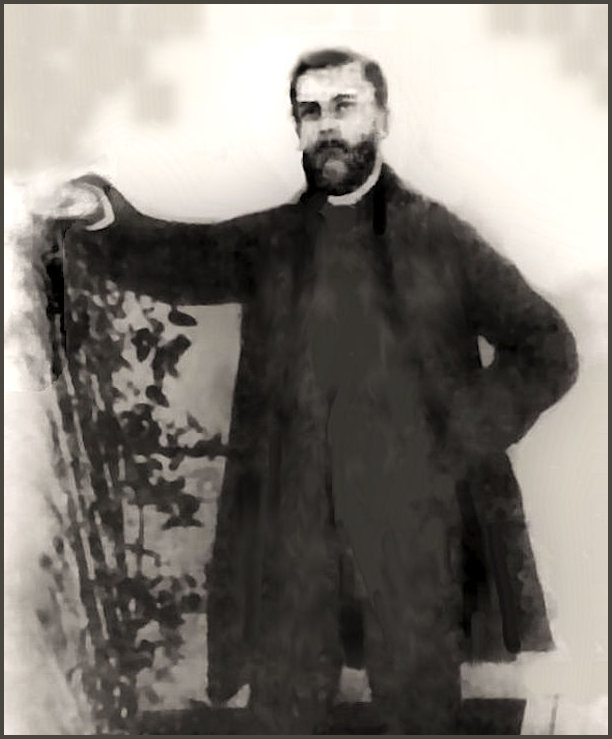
The
Rev. William J. Parker, M.A. (1848-1863).
1st Principal and Superintendent of the Lawrence Asylum,
Sanawar. Chosen especially by the Lawrences to "further
their grand design", he instructed, supervised, administered
and tended his flock for fifteen years, often under the most
trying financial circumstances.
Not once did he return to England, nor did he ever take
a day's leave. Many believed that if it were not for
him, the school and the Lawrences' dream would not have
survived. After more than 15 years of dedicated service,
he died in January 1863 from a paralytic stroke that
he suffered suddenly and tragically while conducting
Sunday Divine service in the Chapel that he designed
and built.
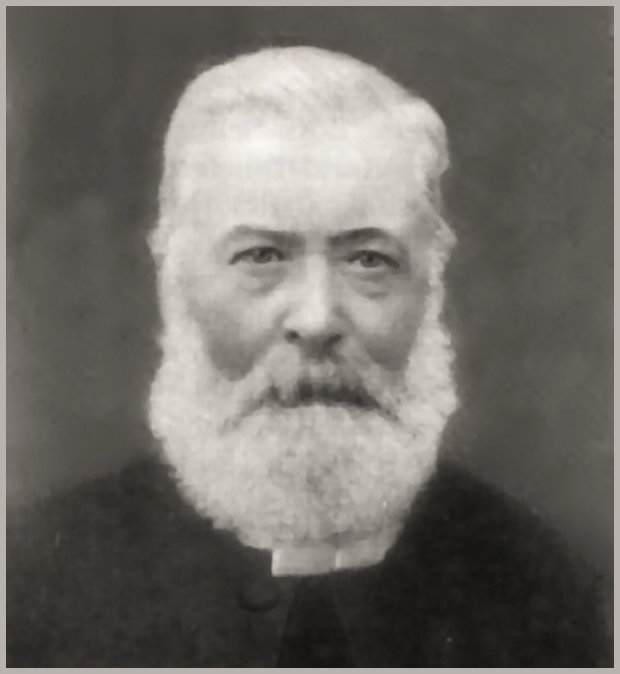
The
Rev. J. Cole, (1864-1884).
The first Principal
of the Asylum to be appointed by the newly formed military
Board of Governors following transfer of responsibility
and full charge of the Lawrence Asylum to the Government of India. His twenty
years of steadfast and sound stewardship saw many changes and improvements
to both living and academic standards. His work, and that of his successor saw the
asylum grow into the beginnings of a school.
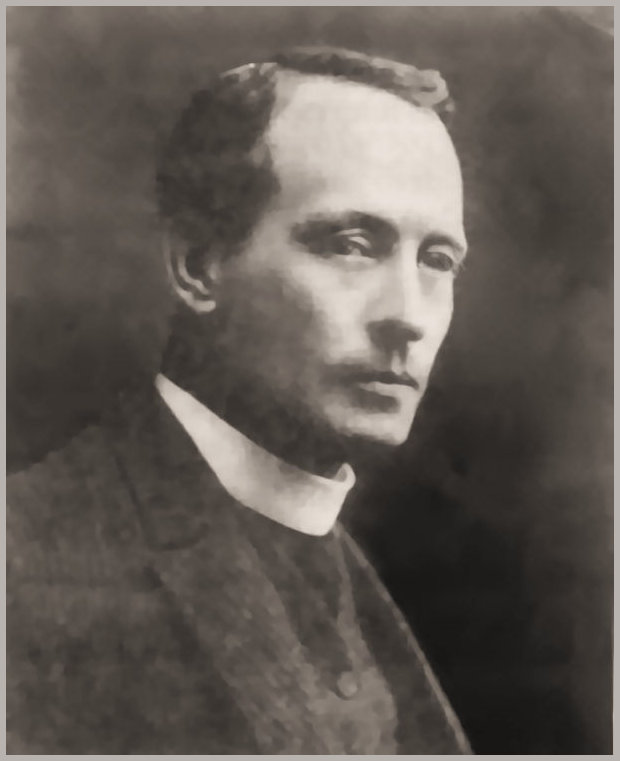
The
Rev. A.H. Hildesley, M.A., (Cantab) (1884-1912).
He came to Sanawar from Bishop Cotton School for Boys
in Bangalore where he served as Warden for two years.
He remained on the hilltop until 1912 to become the
longest serving Principal of Sanawar. On his retirement, he was awarded
the Kaiser-i-Hind Gold Medal for his labours and service to the Crown. Upon returning to England, he accepted the incumbency of Wyton in Huntingdonshire where he spent most of his remaining days.
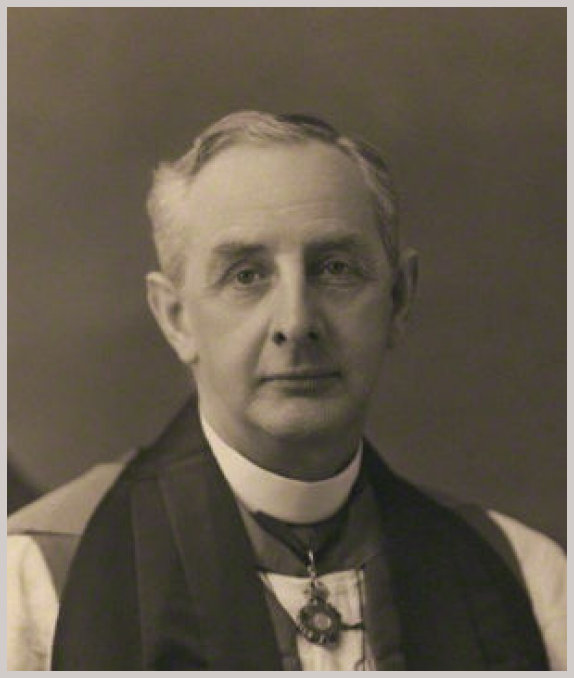
Major
the Rev. G.D. Barne, C.I.E., O.B.E., V.D., M.A., (Oxon), (1912-1932).
The twenty years of his tenure as Principal are generally
acknowledged to have been the most formative and progressive
in the development of modern day Sanawar. The gold Pectoral
Cross that he is shown wearing in this picture was Sanawar's
gift to him on the occasion of his ordination as Bishop of Lahore in 1933. He left his beloved Punjab for England in 1949. His last post was Vicar of Harthill, South Yorkshire.
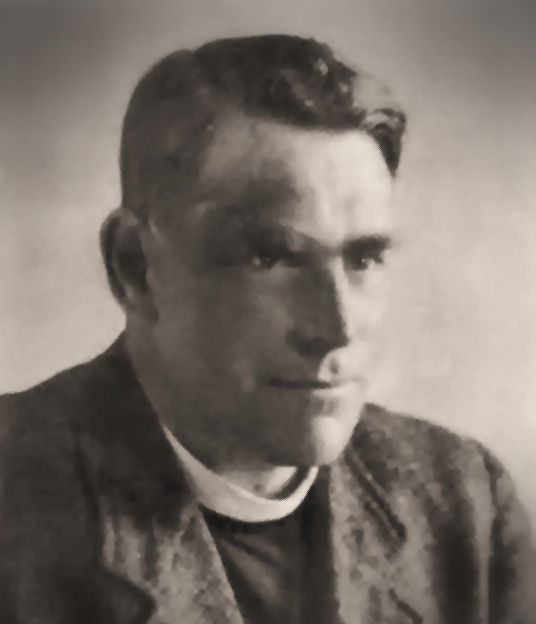
The
Rev. E.S. Hunt, M.A., (Oxon), (1932-1933).
He came to Sanawar from a Chaplaincy in Eastbourne College,
Sussex in October 1932. He was well received and set
to his task with great will, spirit and enthusiasm.
Sadly, his promising tenure was all too short. He died
suddenly and tragically of a heart attack, whilst swimming
in the pool on Saturday 1st July 1933, just nine months
after taking office. A stained glass window in his memory was erected in the Side Chapel which he established and which now bears his name. He lies buried in the School Cemetery.
.jpg)
The
Rev. E. Agard Evans, M.A. (Cantab) (1933-1941).
He was considered by some to be ill-chosen for the post of Principal of a school with such vigorous, long standing sporting and military traditions. A keen liberal and reformist, he was also academically brilliant. During the eight years of his tenure, he was responsible for many improvements in learning and advancements in both intellect and culture. He also introduced co-education in the class-room for the first time and planned to continue the policy into other social and domestic spheres of school life. Sadly however, he had little or no time for sporting prowess and military excellence - both traditionally strong and important aspects of Sanawar's ethos. He left suddenly and without notice at the very height of his accomplishments in early 1941. His sudden and unexpected departure remained unexplained, and he was not heard of again except for a brief announcement by the Board of Governors in 1942 granting him "bene decessit". If anyone has a decent photo of him, please get in touch.
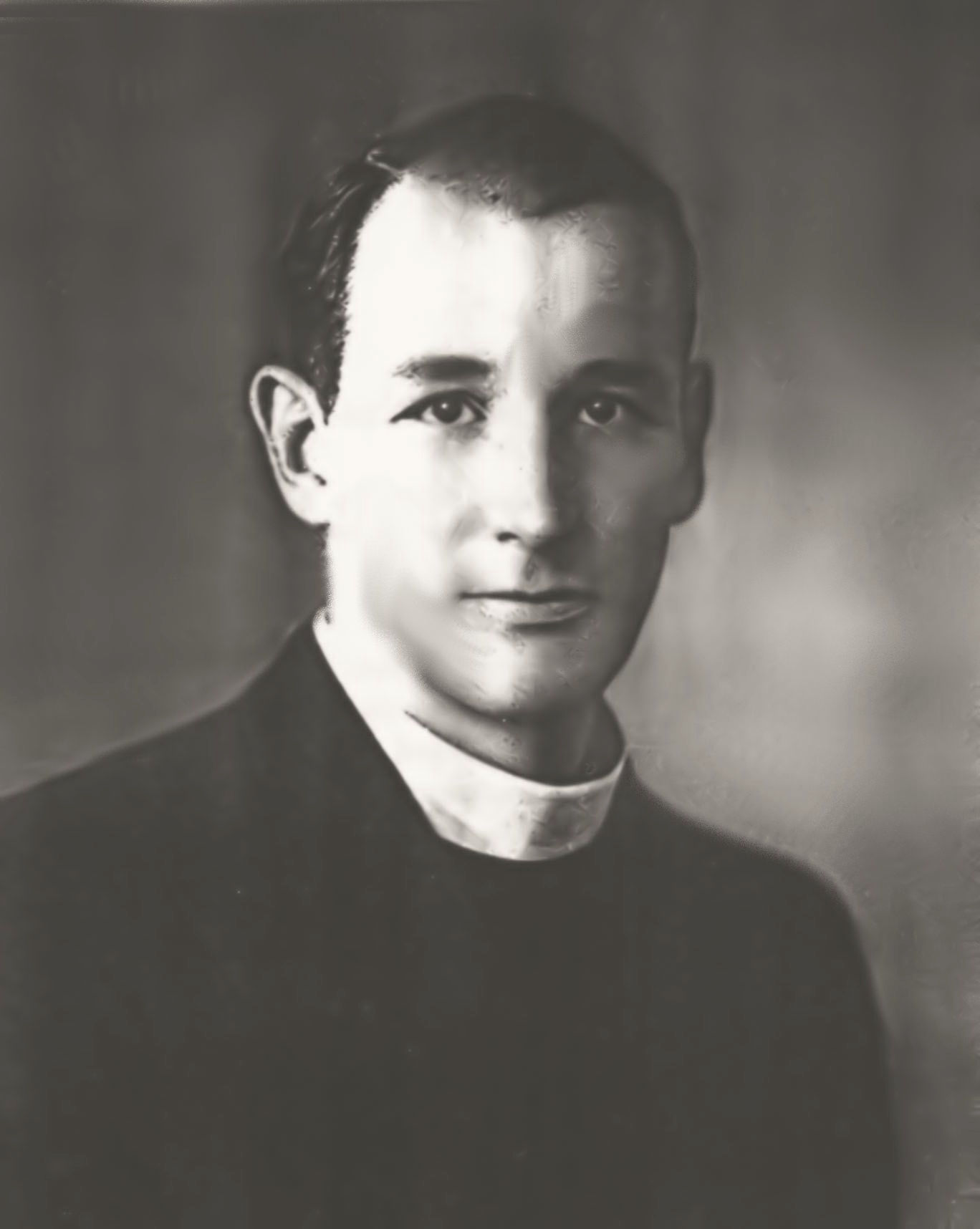
Major
the Rev. C.G. O'Hagan, M.A. (Oxon), I.E.E. (1941-1946).
The only Principal who was himself a Sanawarian. The
eldest of three brothers, he grew up and was educated on the hilltop.
He qualified as a teacher and in later years became a favourite
protegé of his former Principal and predecessor, George
Dunsford Barne. His very first enactment as Principal was to firmly re-establish segregation of the sexes in the classroom and to abandon all plans, ('experiments', he called them) for further co-education that he had inherited. However, he wisely retained and continued to develop all of the academic and cultural reforms introduced by his predecessor. In all other aspects, school life was returned to its former strict regimen. He resigned his post in February 1946 and left India for an incumbency in Mombasa, Kenya.
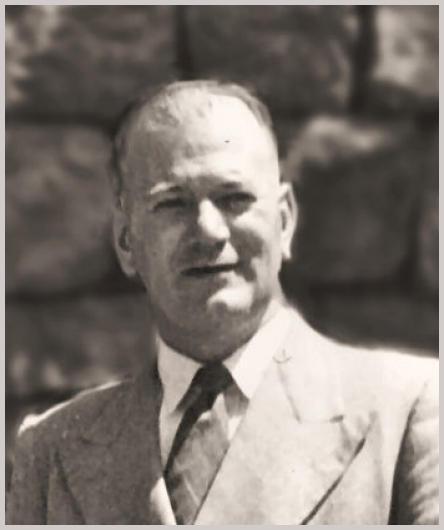
The
Rev. E.H. Hazell, D.S.O., M.A. (1946-1947).
His was a relatively short reign. He took over from
Boss O'Hagan in early 1946, but due to his wife's failing health and her need for special treatment, he left us just before the
Centenary celebrations the following year. On returning to England, he took up the incumbency of the Holy Trinity Church, Hatton, Warwick in the diocese of Coventry.
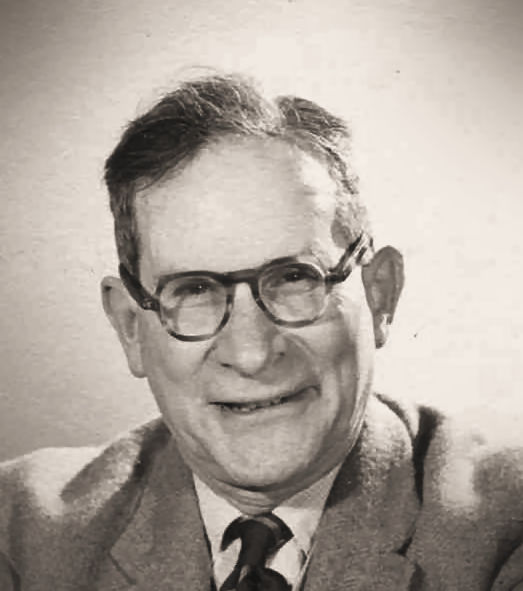
Mr.
E.G. Carter, O.B.E., M.A., (Cantab) (1947-1949).
He
came to Sanawar as an Assistant Master in 1922, progressed
through the teaching ranks to become Senior Master,
(Headmaster) of the Boy's School in 1945 and, following
the unexpected departure of the Rev. H.E. Hazell in August 1947, took
over as Principal. He stayed on in India
after Independence and partition to become the first
of the Lawrence School Sanawar Headmasters in 1949, a post he held until 1956. He was the only Principal who was not fully ordained as a minister
of the Church, but for many years had served as the
Chapel Liturgist and Lay Reader. He was made a Licenced
Lay Minister by Bishop Barne in August 1947 and awarded the O.B.E for services to the Crown in the New Year's Honours List of 1949.
(LRMS Sanawar 1942-1947)
03 March 2005.